MercoPress. South Atlantic News Agency
Tag: biodiversity
-
Monday, February 24th 2025 - 09:24 UTC
Brazil sets new biodiversity targets for 2025-2030 term
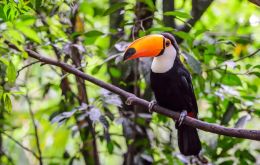
Brazil's National Biodiversity Commission (Conabio) has established new national biodiversity targets for the period 2025 to 2030 and recommended a new set of measures for the National Biodiversity Strategies and Action Plans (NBSAP), pursuant to the Dec. 2022 Kunming-Montreal Global Biodiversity Framework (GBF), of which the South American country is a signatory.
-
Saturday, December 24th 2022 - 10:00 UTC
Five options for restoring global biodiversity after the UN agreement

By Henrik Svedäng (*) – To slow and reverse the fastest loss of Earth’s living things since the dinosaurs, almost 200 countries have signed an agreement in Montreal, Canada, promising to live in harmony with nature by 2050. The Kunming-Montreal agreement is not legally binding but it will require signatories to report their progress towards meeting targets such as the protection of 30% of Earth’s surface by 2030 and the restoration of degraded habitats.
-
Thursday, December 8th 2022 - 09:26 UTC
Biodiversity conference, “Time to forge a peace pact with Nature”, says UN chief Guterres and proposes a three-step approach
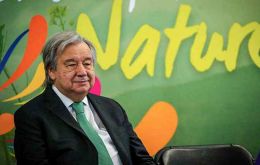
“Nature is humanity’s best friend. Without nature, we have nothing. Without nature, we are nothing. Nature is our life-support system. It is the source and sustainer of the air we breathe, the food we eat, the energy we use, the jobs and economic activity we count on, the species that enrich human life, and the landscapes and waterscapes we call home”, remarks from UN Secretary-General António Guterres’ remarks at the opening of the fifteenth Conference of the Parties to the United Nations Convention on Biological Diversity, in Montreal this week.
-
Wednesday, November 16th 2022 - 09:24 UTC
Brazil signs biodiversity deal with Indonesia and Congo

Brazil's Foreign Ministry announced that the South American country had reached a biodiversity agreement with Indonesia and Congo to preserve their respective tropical rainforests, which are the largest in the world.
-
Wednesday, September 25th 2019 - 09:55 UTC
Bolsonaro tells UN the Amazon rainforest belongs to Brazil and attacks world media for 'lying'

Brazilian President Jair Bolsonaro attacked the media on Tuesday for “lying” about the fires in the Amazon and criticized international concern for the rainforest as fueled by interest in the region’s biodiversity and mineral wealth.
-
Wednesday, September 11th 2019 - 23:11 UTC
UN: Scientists call for urgent action to avoid reversing the development gains
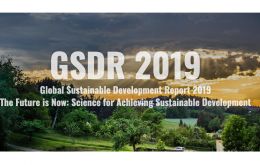
New York, 11 September — Achieving human well-being and eradicating poverty for all of the Earth’s people—expected to number eight and a half billion by 2030—is still possible, but only if there is a fundamental—and urgent—change in the relationship between people and nature, and a significant reduction in social and gender inequalities between and inside countries, according to a new United Nations report by an independent group of scientists to be launched at the 2019 SDG Summit, but made available today.
-
Thursday, May 23rd 2019 - 06:30 UTC
May 20 has become Bee Day in recognition for this outstanding pollinator
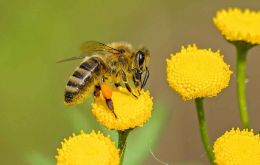
For centuries, bees have labored the world’s fields without gaining much recognition for their contributions to food production and biodiversity. Pollinators such as bees, birds and bats, affect 35% of the world's crop production, increasing outputs of 87 of the leading food crops worldwide, plus many plant-derived medicines.
-
Saturday, May 11th 2019 - 09:59 UTC
Call for Evidence: UK program to support nature in British Overseas Territories
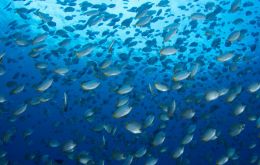
A ten week Call of Evidence was launched by the UK Government on Friday, to gather knowledge on safeguarding nature in the UK Overseas Territories. Many of the Overseas Territories are globally significant in their ecological richness, containing over 90% of UK’s marine and terrestrial nature. They are hotspots for biodiversity with an estimated 3,300 endemic species, but they are also highly vulnerable to environmental change.
-
Monday, April 22nd 2019 - 09:11 UTC
What is Earth Day, and what is it meant to accomplish?

On April 22, 1970, millions of people took to the streets to protest the negative impacts of 150 years of industrial development.
-
Saturday, June 16th 2018 - 10:24 UTC
Falklands government implements Environmental studies budget
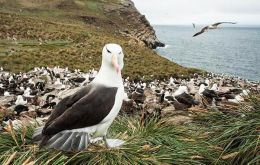
The Falkland Islands are very serious and committed to protecting its unique environment, and besides strict measures to impede invasive species it has also spent millions of pounds in bio-security and environmental research.
